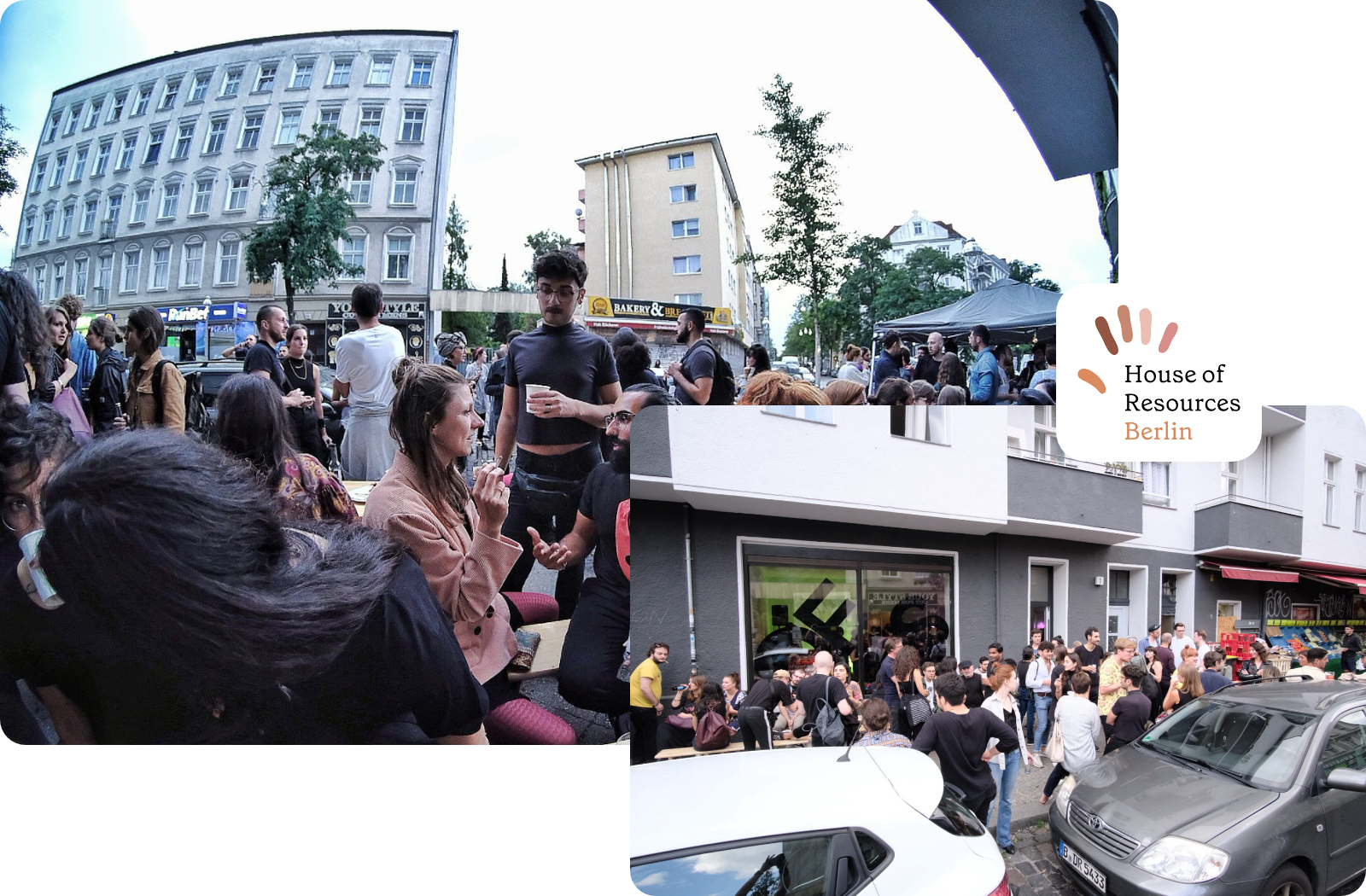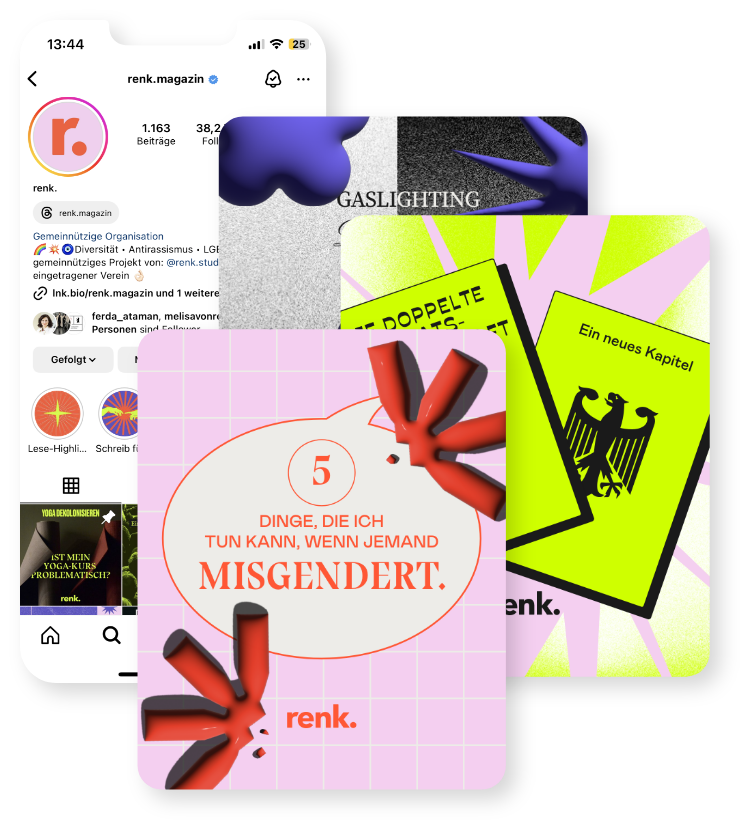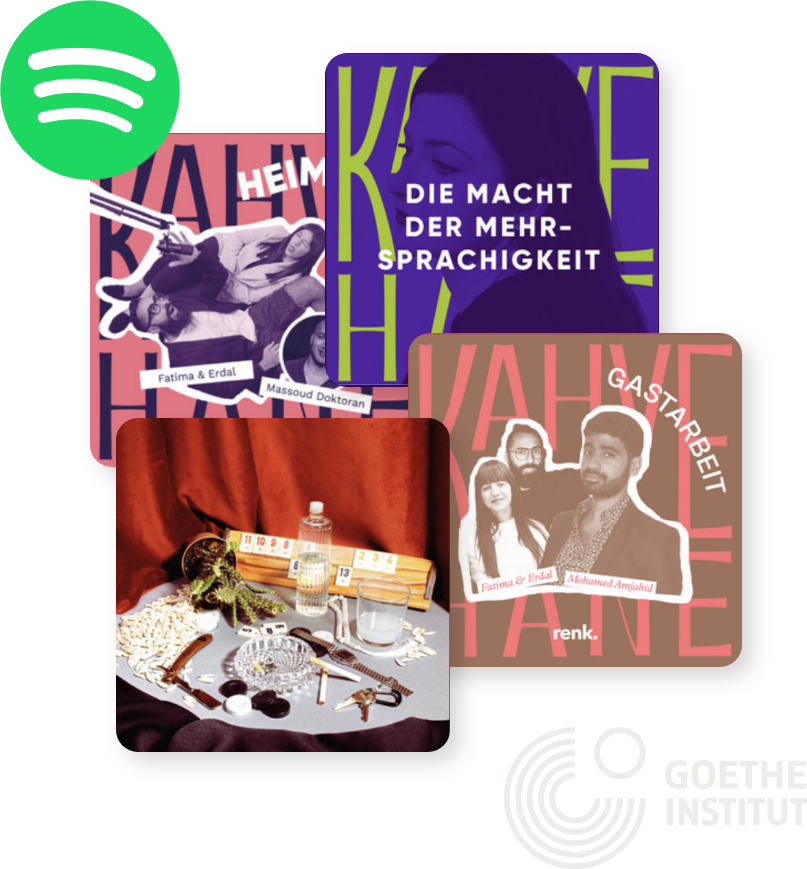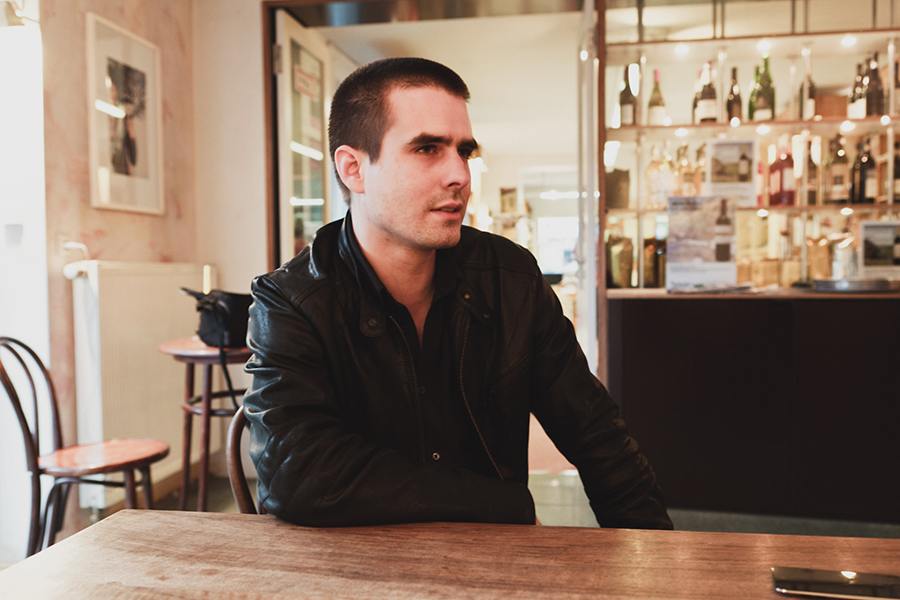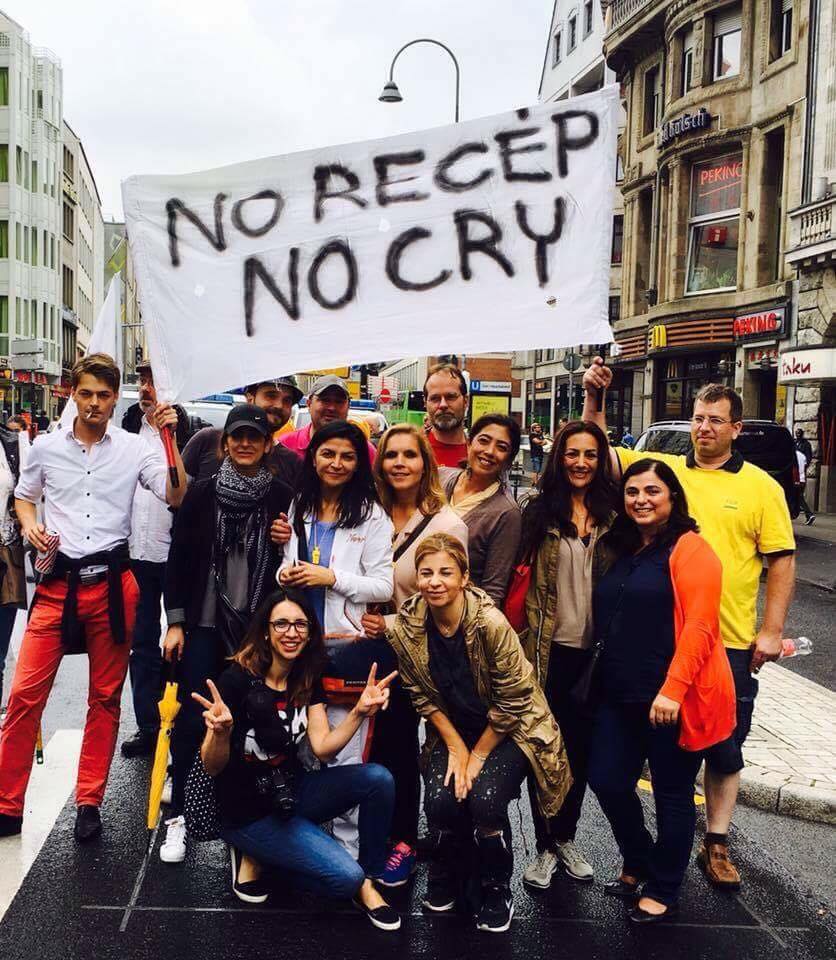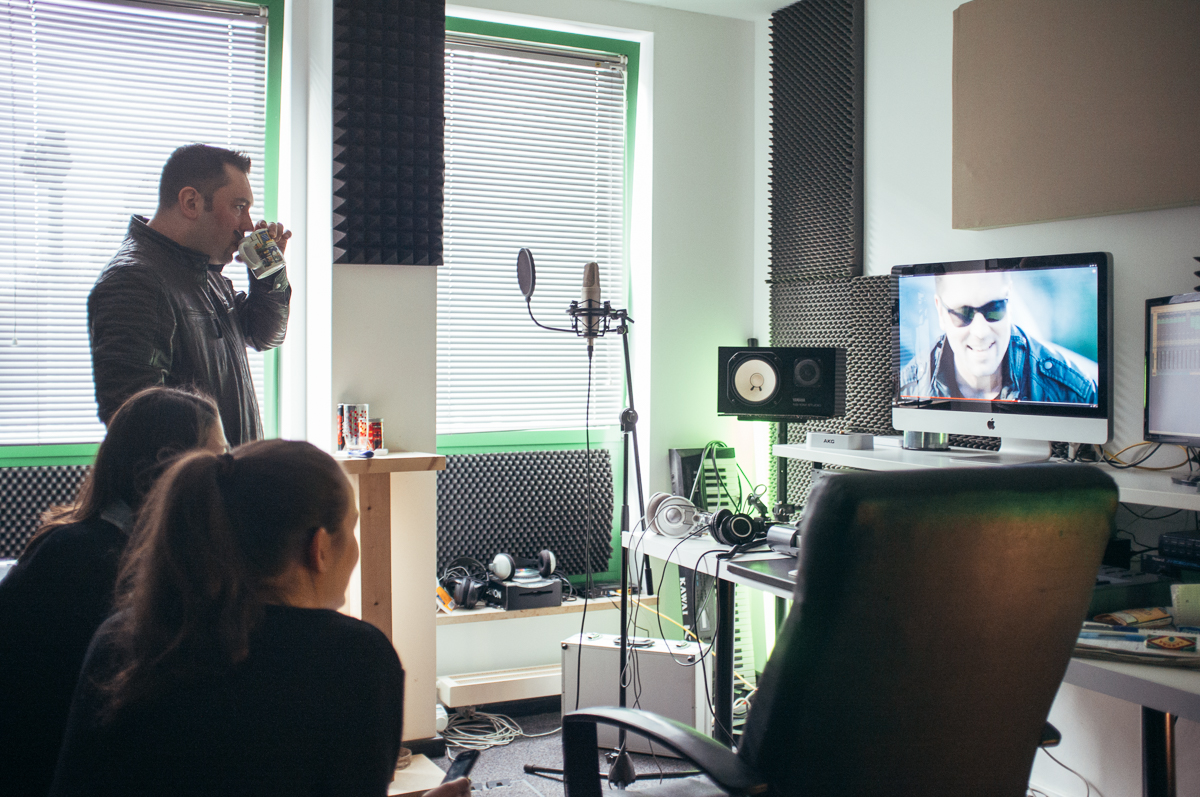Elif has taken a path that many other young girls dream of. At age 16, she had already taken part in the ProSieben casting show Popstars “Du und ich.” The big goal back then was to be victorious as part of a duo, however, she and her singing partner Niklar Dennin came in second. But Elif didn’t give up and carried on. Looking back, being eliminated on Popstars wasn’t a big misfortune, because with her debut album, it seems Elif will also have a solo career. In the meantime, the now 20-year-old hasn’t just gathered stage experience at Cassandra Steens’ side on Popstars, but also gone on tour with Tim Bendzko, and most recently as an opener for Ronan Keating.
On 30 August, her first album “Unter meiner Haut” (engl. Under my Skin – ed.) was released. In an interview with renk. she tells us how her song lyrics come about, what she is thankful to her mother for, and how writing the song “Ich bin da” (engl. I am here – ed.) was successful in routing out earlier lovesickness.
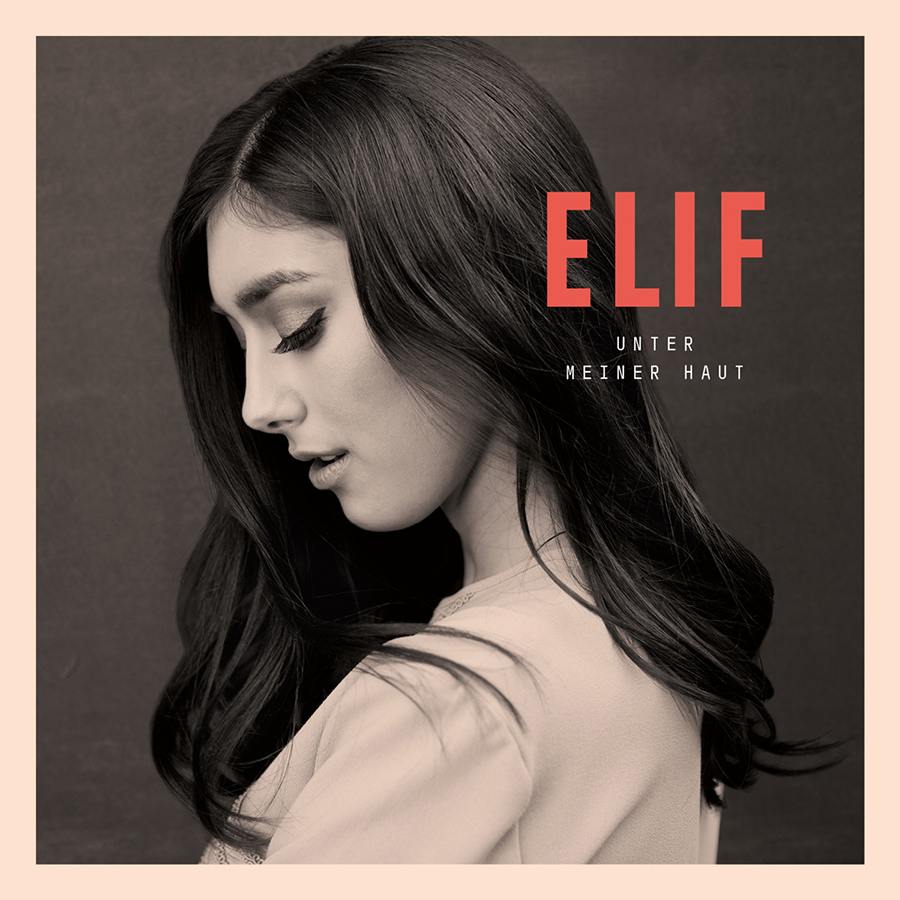
Elif, your debut album contains 14 different songs. How did they come about? What inspired you?
I write a lot alone, but also have a team I enjoy writing with because I have the feeling that these people inspire me. It’s similar to when you work on a concept; someone throws something into the room and then a new idea arises, one that you most likely wouldn’t have come up with on your own. That’s how it is for me. The energy of the people around me inspires me. But sometimes I’m also alone with my music.
Would you like to tell anything about the album?
It is like my musical diary. When I hear the songs, or sometimes, when I sing them live, then it’s as if I’m taking a short journey through time. They’re my documents, at the end of the day, the album deals with a lot of topics. Sometimes it’s also like a roller coaster ride. One gains an insight into what I experienced.
What kinds of days were those? You just described them as a roller coaster ride. Were there also happy days or sad days?
Yes, a good example of that is my last single, “200 Tage Sommer” (engl. 200 Days of Summer – ed.), which came out at the beginning of August. It describes a situation where I saw a guy in the U8. I had had such a stupid day, but then I met him and he made my day perfect. “You made my day,” one says. “I can’t get you out of my head, like 200 days of Summer. You make my life a little easier.” It wasn’t even summer that day, it was snowing. But it’s these small moments.
Of course there are also other moments… I wrote a song called “Danke” (engl. Thank You – ed.) I had sat down with my mother and asked her about her past, I wanted to know: “Mom, what did you go through?” And then she told me about how she had come from Turkey, that not everything had been easy and that she had sacrificed a lot. I have three siblings. With four children, one gives up a small part of one’s life. I can’t imagine that one has much time for oneself left over with four children. She had invested solely in us for years, and I wanted to thank her for that.
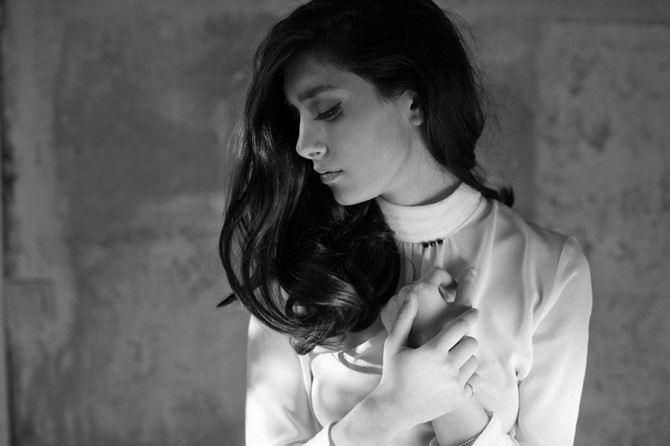
You mentioned the U8, you were also born in Berlin. What does your personal Berlin look like?
I think Berlin has become so hectic and so restless, and I have the feeling that I know everything already. It’s a little dirty, but there are also one or two pretty spots. I like Tiergarten, it reminds me of my childhood. I now live in the Eastern part of Berlin. I do think about going somewhere else, though, in order to see something else. I feel like I’m not at home here. Although I am from Berlin, I have this feeling and I perhaps I’ll only find that out when I am somewhere else.
For you, is “home” a place or tied to a feeling.
You are home if someone is there who you love. It doesn’t matter where you are; if I lived in Los Angeles or in Spain or wherever: The person with whom I am happy to be with is my home. My home is people.
Do you think that could be in Germany?
Absolutely in Germany. Perhaps I’ll be in Brandenburg in a few years because I’d like to see the lake districts or on the Baltic Sea. But for now, Berlin is quite cool, but I would also like to go to Hamburg.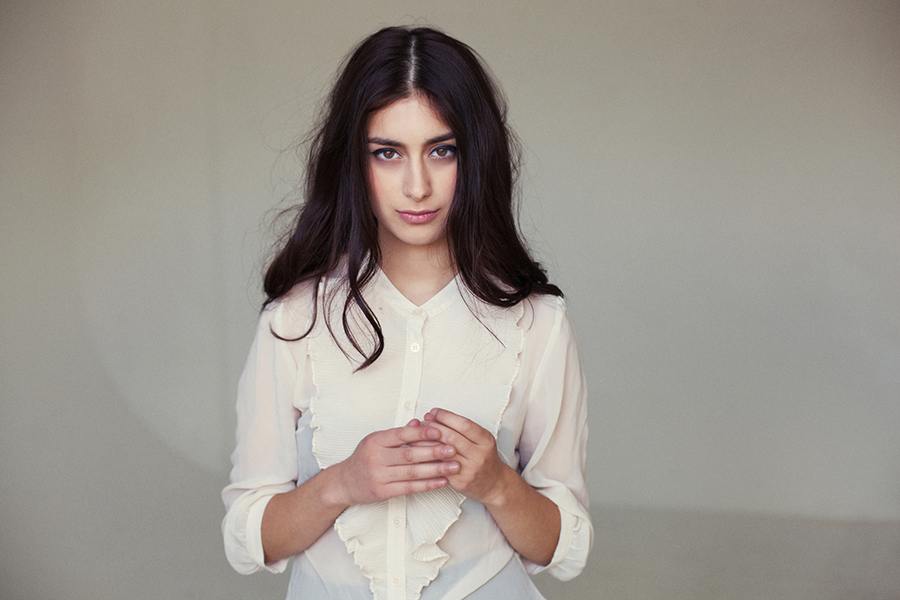
You mother came to Germany from a place near Adana. Have you been there before?
Yes. It’s been a while, since I haven’t had a holiday for three years and we normally go there on holiday. In the meantime, us four have gotten older and so we can’t just go on holiday together because everyone is doing their own thing. My sister is studying, my brother works and I’ve been working for three years on my music, and because of it I’d prefer to stay in Germany, so I haven’t allowed myself a holiday. When something important happens or I feel inspired, I want to be here so that I have someone I can work through it with. But I definitely want to go back to Turkey to see my relatives. I miss my grandfather.
As a musician, one is often inspired by various cultures. Do you think that your Turkish culture has influenced your creativity?
It influenced me because my parents brought certain values with them. They taught me how it important it is to be friendly and always have an open door. I like that a lot. In many Turkish families, the “misafirler” (engl. guests – ed.) can always come. And the families are large. Things are always done together. That really influenced me. But I’ve been in Turkey maybe ten times in my life, and then, just to see relatives. I’m actually German through and through, with Turkish values. I was in Istanbul recently, but just in the airport. I don’t mean it in a bad way, but it was so foreign to me. Although I can speak Turkish, I feel more German. I’ve also never had anything to do with Turkish when it comes to music. There were two or three songs that I thought were cool, but from the beginning it was clear that I wanted to sing in German.
So you feel at ease in German and can express well what you want to say?
I speak German all day long, I dream in the language. When I want to express my feelings, I don’t try to do so in English or Turkish, rather in German.
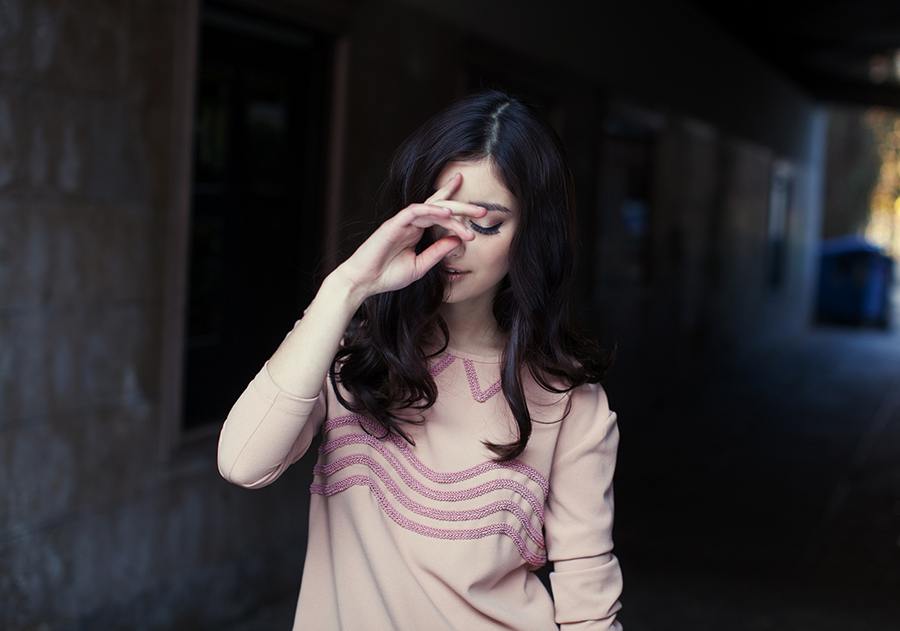
You began writing early on. What were you focused on back then.?
Boys! Probably teenager problems like “Why am I allowed to do this but not that,” “What am I not allowed to stay out so long,” too, but also “I would love to go further away.” You were so tied to school; I couldn’t just go to even Munich if I wanted to. One wasn’t allowed to do much. I can understand that today, but back then it really got to me.
Your song “Ich bin da” is about you being left, but that you came out of the phase very grown-up and self-confident. An ended relationship can bring a lot of people down. How were you able to deal with it so positively?
I was 17 when I wrote the song. I had had a relationship that had just finished. I was lovesick for a half a year but one day I woke up and it was just gone. And that’s why I sing: “The first morning that I forget what was. What happened was clear to everyone except me. From pink to grey, we were as pale as every and I like this day … somehow.”
I was so happy to finally be myself again and to have this lovesickness behind me. But I also understood that I am different after a relationship, different than I was beforehand. “Nichts tut für immer weh” (engl. Nothing hurts forever – ed.) and “Ich bin da” are also about the same guy. I wrote “Nichts tut für immer weh” during the period when I had lovesickness because I knew that someday it wouldn’t hurt anymore and then came “Ich bin da.” Then it was over.
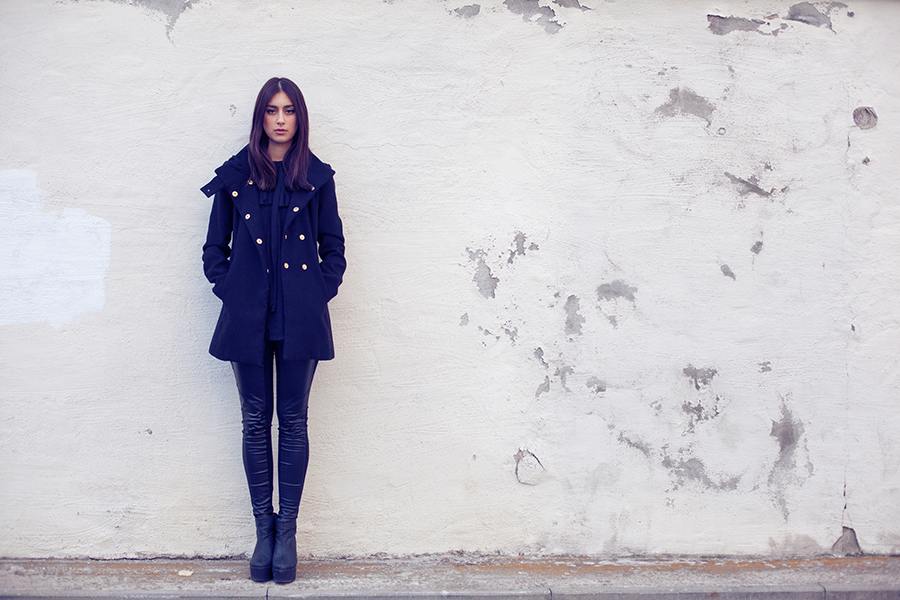
You took part in Popstars and were eliminated in the finale. How were you able to continue on afterwards?
Afterwards, I went to Michelle’s dressing room, she was in the jury back then and is now my publisher. In the beginning, she made sure that no one pulled me over the barrel. In the first year, she was always there. Two weeks later I was already in the label and they said: “Just do what you want. Here are a few people who you can make music with. Or do it alone. Just do it.” After Popstars was over, I never even thought about what I wanted to do. I just knew that I had to go to school first. And then, gradually, more and more people came and at some point it worked and the people at the label liked it. Now I have a management that is really great.
You toured with Tim Bendzko. What kind of experience was that?
It was a good experience because on stage I realised what I wanted to change. Playing live is something different from sitting in the studio doing it mechanically. Playing and singing, one doesn’t have a chance to talk about something because the song has to go on. That’s when I realised that some things are in need of improvement. It also helped me to see how people react. Which songs they like, which they don’t.
Credits:
Interview: Meltem Toprak
Text: Carmen Kreyenberg
Photos: Hannes Casper
